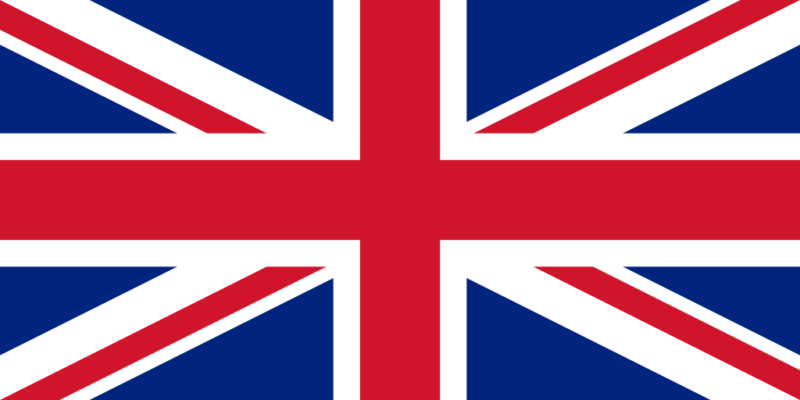
A report by Barclays Corporate Banking reveals that demand for British-made products has risen by 36% in the past five years and that international consumers are willing to spend more on British-made products.
The study, which showed a £3.45 billion market opening up for British exports, interviewed 8,060 people across eight markets: the Republic of Ireland, France, Germany, India, China, UAE, the US and South Africa.

Discover B2B Marketing That Performs
Combine business intelligence and editorial excellence to reach engaged professionals across 36 leading media platforms.
Barclays found that emerging markets offer growing opportunities for British products as consumers in China and India perceive British products to be of ‘superior quality’ and are willing to pay the highest premiums.
As Britain prepares to negotiate fresh trade deals abroad, the research reveals that consumers are more inclined to purchase a product if it displays the Union Flag, especially younger people. Nearly half of 18 to 34 year-olds said the inclusion of British flag on a product would encourage them to purchase it, compared with a quarter of over 55 year-olds.
Consumers in Asia and Middle East (India, 67%; UAE, 62%; China, 61%) have the strongest associations of quality with Brand Britain.
The study also uncovered the most desired British goods abroad, and the premiums foreign consumers are prepared to pay for ‘Brand Britain’ products.

US Tariffs are shifting - will you react or anticipate?
Don’t let policy changes catch you off guard. Stay proactive with real-time data and expert analysis.
By GlobalDataFood is at the top of the list of most demanded British-made products by international consumers, who are willing to pay 22% more for food labelled as British-made.
The fashion and automotive industries are just below the food on the list. Consumers are willing to spend more on cars (10%), clothes (9%) and alcohol (9%), if they were made in Britain.
Baihas Baghdadi, Global Head of Trade & Working Capital at Barclays, said: “Brand Britain continues to have widespread appeal abroad, demonstrating the continued scope for UK businesses to trade successfully overseas. The picture continues to look positive for Britain’s exporters, with international consumers going out of their way to buy British.”
He added: “Our research shows that some of the biggest opportunities lie in emerging markets, where British craftsmanship is most valued. The prize is substantial, and exporters should be looking to highlight the provenance of British products to take best advantage.”
According to the report, with the exception of homeware, alcohol and soft drinks, consumers believe that the origin of the product is an important influence on the decision to purchase in all product categories. This is true especially for food items, where 66% said the country of origin would affect their choice.
While all product categories come out favourably, British cars and clothes were thought to be of the highest quality. This perception of quality drives international consumers’ willingness to pay more for British goods (42%), 31% would buy British-made products for the reliability and 32% would buy British goods because they are internationally respected.
Asian consumers also highlighted the status that comes with buying British products, with 31% of the consumers in India confirming it as a reason for buying British-made goods.
The report also revealed that 51% of international shoppers would hold out for British product, rather than buy a non-British item. One in nine consumers believes that British goods are ‘the best in the world’.
While export trade to non-EU countries increased 1.5% in the three months to December, the biggest opportunity for British businesses is to grow exports in emerging, high-growth markets.
According to the research, perception has a direct impact on the amount consumers are prepared to pay, making emerging markets a prime target for exporters.
Almost three quarter (64%) of Indian consumers, 57% of Chinese and 48% in both South Africa and UAE said they would pay more for goods made in the UK for the quality of the products.
This is in comparison to the European neighbours, who are more restrained in their praise of British goods. According to the report, only 29% of French consumers would pay more for goods made in Britain believing it was of better quality.
Economic modelling suggests this could translate into an additional £426 million in revenue from China, £93 million from India, and £92 million from the UAE generated by British-labelled products.





